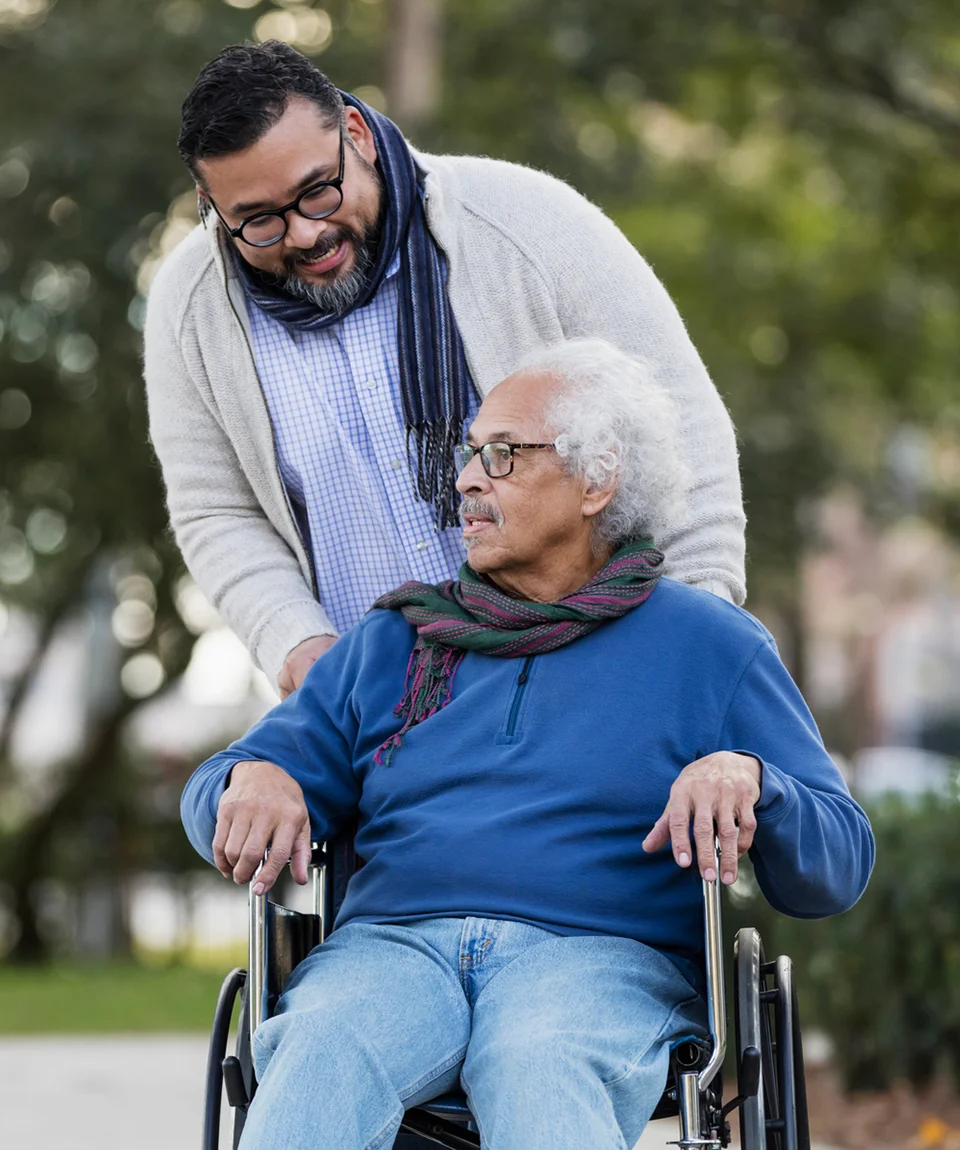Post-stroke fatigue
One of the invisible after-effects of a stroke is low energy, both in body and mind. Feeling tired for a few weeks is normal. But when fatigue becomes long-lasting with an intense, overwhelming tiredness that does not get better with rest, it is called post-stroke fatigue.
With post-stroke fatigue, you may take naps, rest or extended sleeps and still not have enough energy to perform daily activities. You may get tired after just a short period of activity, even just getting up to eat breakfast
Post-stroke fatigue is a medical condition. The earlier you tell your healthcare team that you are experiencing low energy the better. It can lead to depression and isolation, but the team can work with you to reduce the effects of post-stroke fatigue
Recovering from a stroke takes a lot of energy and thought. Here are some tips for managing and maximizing your energy.
Structure your day
- Keep a schedule of daily activities.
- Know your high and low energy times.
- Plan your activities a day in advance. Anticipate the energy needs for each one.
- Schedule rest periods. Plan higher-energy activities in the morning or after a rest.
- Balance your activity level to make sure you have the energy you need to get through the day.
- If the day’s tasks will take more energy than you have, pick your priorities. Be sure to include things you enjoy.
- Talk about your energy level and need for rest with your family and friends. Ask for help with high-energy tasks.
Arrange your space
- As much as you can, arrange your home so that it is easy to move around in.
- Reduce the need to climb stairs.
- Put frequently-used items where they are easy to reach.
- Sit rather than stand when doing chores such as ironing or washing dishes.
- Use energy-saving equipment and technology. For example, try shopping online.
Eating, sleeping and staying active
- Eat a healthy diet to maximize your energy levels.
- Establish good sleep patterns. Go to bed and get up at the same time every day.
- Include down time, rest periods or naps in your day.
- Avoid sedating drugs and excessive alcohol.
- Take part in exercise and leisure activities you can tolerate. Talk to your healthcare team about what is safe for you.
- Set goals to gradually increase the intensity and duration of exercise.
Where to get support
An occupational therapist can work with you on a plan for reducing the energy needed for your daily tasks.
A physiotherapist can help you plan exercises and safely increase the amount of exercise you do.
Your family and friends can help you get things done.
